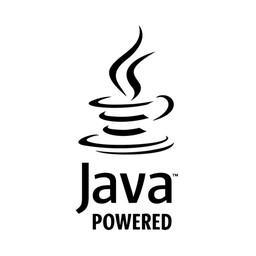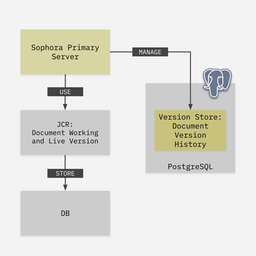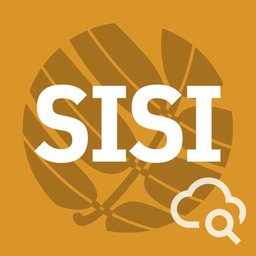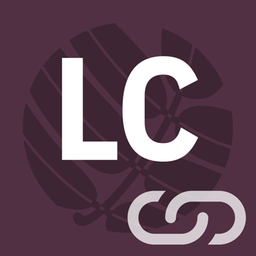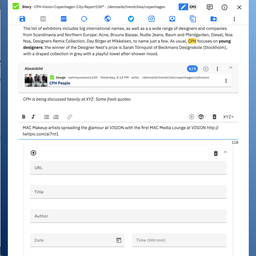Sophora runs completely on Java 17
Sophora 5 runs completely on Oracle JDK 17 and OpenJDK 17 and we no longer support versions 8 to 11. However, we benefit from the new possibilities offered by Java 17. Important note: besides Oracle Java, you can use free Java distributions, e.g. OpenJDK.
Documentation restructured
The documentation is now divided into modules. Each module has its own homepage with links to the individual versions of the module.
DeskClient and
Sophora Server sub-modules can be found through their respective main modules. Background: After Sophora 5, the modules are given their own versioning, all starting with "5".
Public Helm Charts
We continuously add new Helm charts for Sophora modules and improve the existing. More at
GitHub.
Release Notes Available
Check out our
Changelog for more details and technical information.


